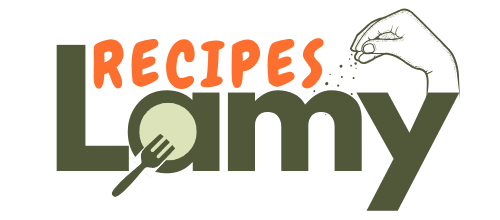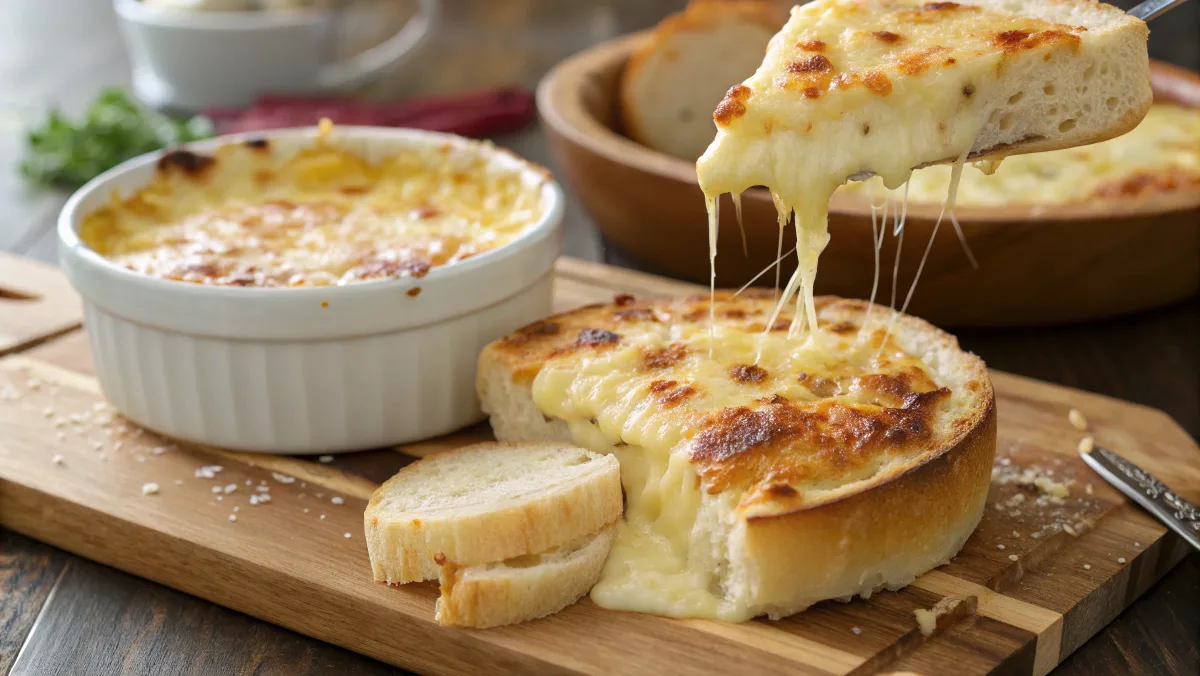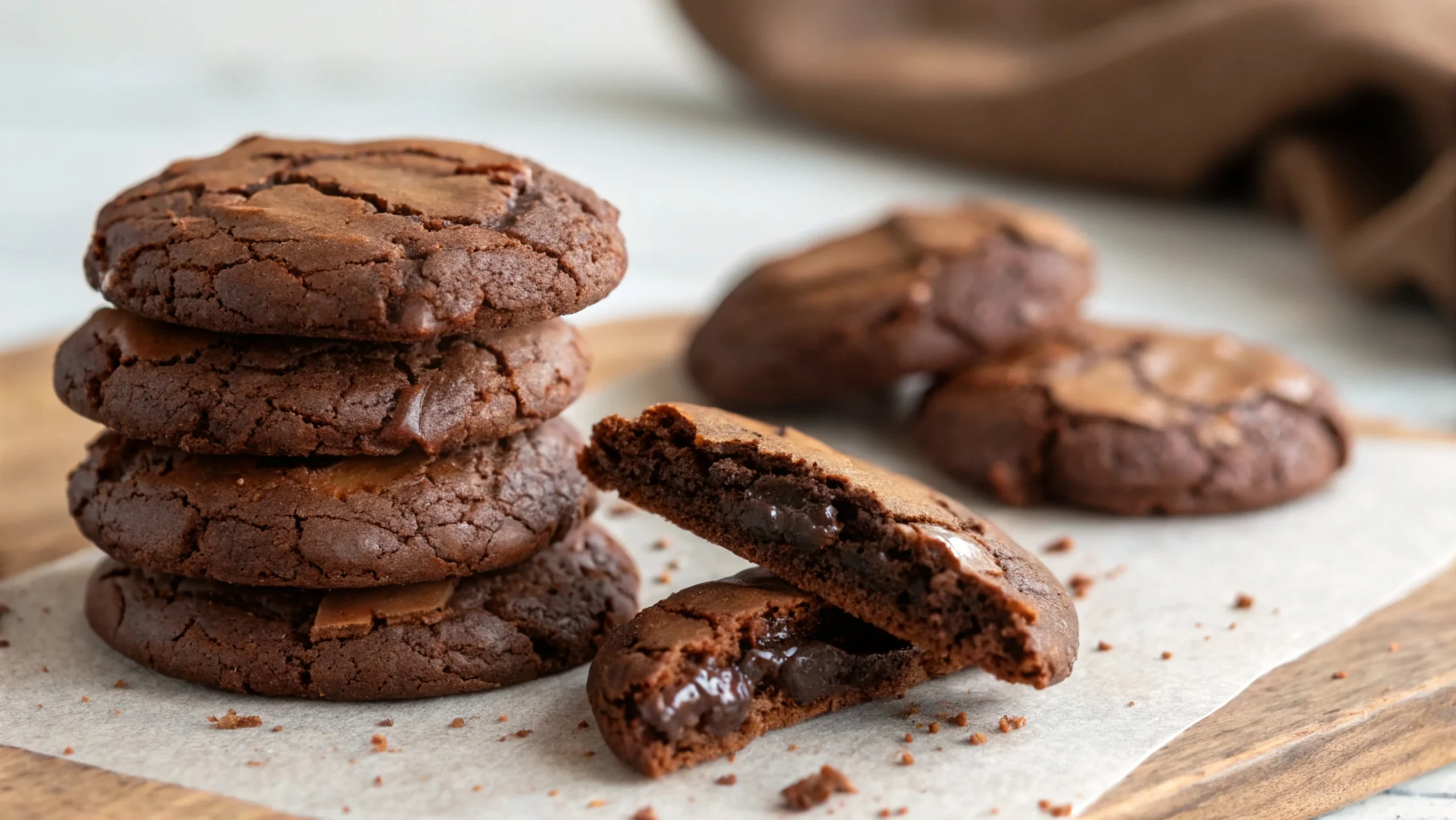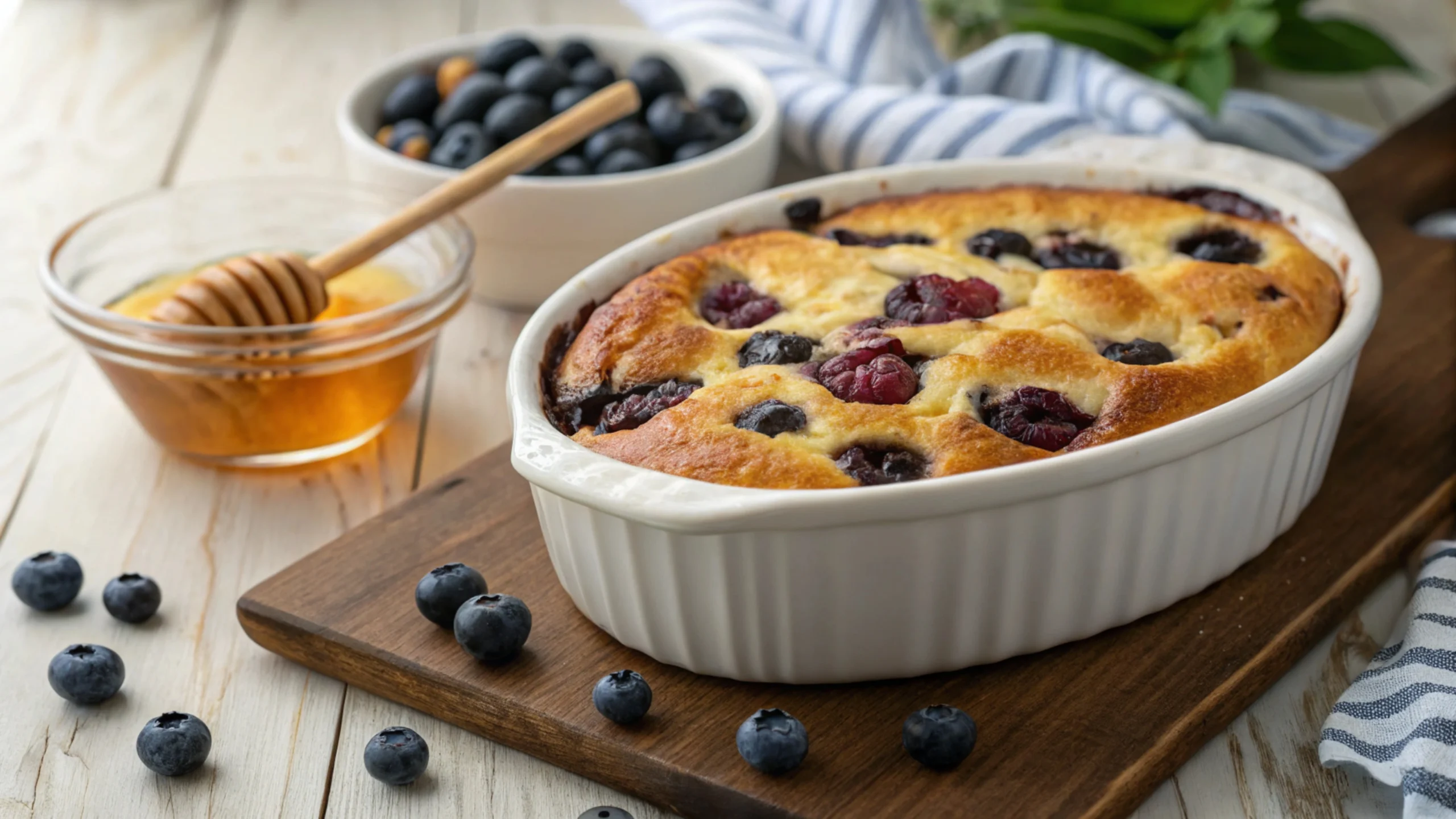Introduction
Cheese is a beloved ingredient, but have you ever wondered: does cheese lose protein when heated? But if you’re health-conscious, you may wonder: does cheese lose protein when heated? This question matters because protein is one of cheese’s most valuable nutrients, essential for muscle building, energy, and overall well-being.
Cheese is a culinary staple, but many wonder, does cheese lose protein when heated? This article dives into how heating impacts cheese’s protein and nutritional value.. While cheese’s gooey melted state is undeniably tempting, the impact of heat on its protein content often raises eyebrows.
In this article, we’ll explore the science behind heating cheese, focusing on whether protein content is lost, altered, or retained during cooking. We’ll also address common concerns about nutrient changes and provide tips to maximize cheese’s benefits when cooked. Let’s dig in to uncover the truth!
Include a link to What Happens If You Heat Up Cottage Cheese? with the text: “Learn more about what happens to dairy products when heated.
Table of Contents
Understanding Protein in Cheese
What Makes Cheese a Protein Powerhouse?
Cheese is more than just a flavorful addition to meals—it’s also a nutritional powerhouse, packed with high-quality protein. This protein is derived from milk and is essential for muscle repair, cell regeneration, and immune system support.
The protein content in cheese varies depending on its type. Hard cheeses like Parmesan are denser in protein than softer varieties like Brie. A typical ounce of cheddar contains around 7 grams of protein, contributing significantly to your daily protein needs.
Types of Proteins Found in Cheese
Cheese primarily contains two types of protein: casein and whey.
- Casein: A slow-digesting protein that provides sustained energy and helps in muscle recovery. It forms the structural framework of cheese, giving it its firm texture.
- Whey: A fast-digesting protein found in smaller amounts. While much of it is removed during cheese production, traces remain, particularly in softer cheeses.
These proteins play crucial roles in cheese’s nutritional value and behavior when heated.
The Science Behind Heating Food
What Happens When Food Is Heated?
When food, like cheese, is heated, you may wonder: does cheese lose protein when heated, or does it just change texture? Proteins, fats, and sugars undergo transformations that change the food’s texture, flavor, and appearance. In cheese, this results in melting, bubbling, or browning.
Moisture Loss: Heating causes water to evaporate, which can concentrate nutrients but may alter texture.
Maillard Reaction: This browning effect occurs when proteins and sugars in cheese react at high temperatures, creating complex flavors and aromas.
Heat and Protein Denaturation
When proteins in cheese are heated, they denature. This means the tightly coiled protein molecules unravel and reorganize. While their structure changes, their nutritional content remains intact.
For example, when cheese is melted on a pizza, its protein is still present and can be absorbed by the body, though it has a softer, gooier texture.
Does Heating Cheese Reduce Protein Content?
Does Protein Content Actually Decrease?
No, the answer to ‘does cheese lose protein when heated? is a resounding no—it does not reduce its protein content. Unlike water or volatile compounds, protein molecules are not evaporated or destroyed by heat. Instead, they simply change form.
How Protein Reacts to High Temperatures in Cheese
At high temperatures, proteins in cheese behave differently depending on the type of cheese:
- Hard Cheeses: Retain their structure longer, making them ideal for grating and baking.
- Soft Cheeses: Melt quickly due to their higher moisture content.
While heating cheese may make it more palatable and digestible, it does not compromise the quantity of protein available.
Add the link to Does Cooking Cottage Cheese Affect Protein? with the text: “Discover the effects of heating on the protein content in dairy.
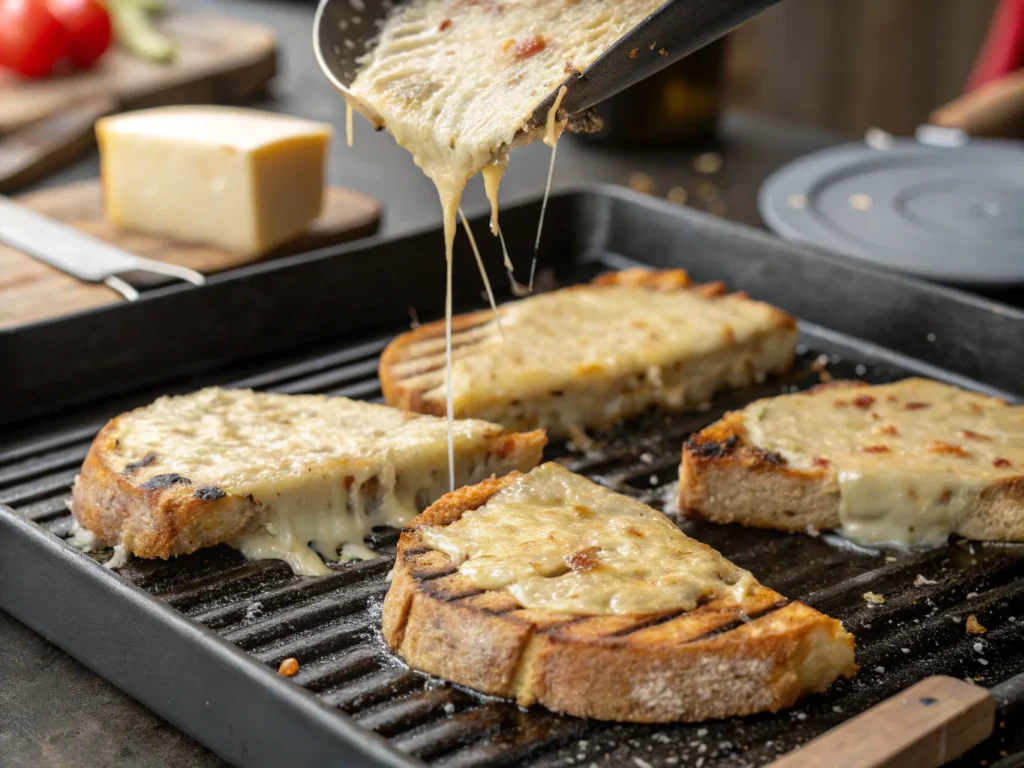
A visual representation of melted cheese while discussing if protein content reduces during heating.
Nutritional Changes in Heated Cheese
Do Other Nutrients Get Affected?
While protein remains stable, some nutrients in cheese may change slightly under heat:
- Fats: Melt and separate, potentially altering the texture but not the caloric value.
- Vitamins: Heat-sensitive vitamins like vitamin A and B12 may degrade slightly when exposed to prolonged high temperatures.
- Calcium: This mineral remains stable and is often concentrated in browned or crisped areas of melted cheese.
Balancing Nutritional Losses with Cooking Benefits
Cooking cheese enhances its flavor and texture, making it more enjoyable and easier to digest. For example, melted cheese releases flavors that are less noticeable when it’s cold. Choosing moderate heating methods can minimize nutrient losses while maximizing taste.
Does Protein Go Away When Heated?
Is Protein Destroyed or Altered by Heat?
The idea that protein is “destroyed” when heated is a misconception. Proteins in cheese undergo denaturation, which is a structural change, not a loss. When proteins denature, they unfold and reorganize but retain their nutritional value.
The Role of Cooking Methods on Protein Retention
Different cooking methods can influence how protein behaves:
- Microwaving: A quick heating method that preserves protein content due to minimal exposure to high heat.
- Grilling: Causes protein denaturation and caramelization, enhancing flavor without nutrient loss.
- Frying: Results in crisped cheese with concentrated proteins.
Each method has its own impact on texture but leaves the protein content intact.
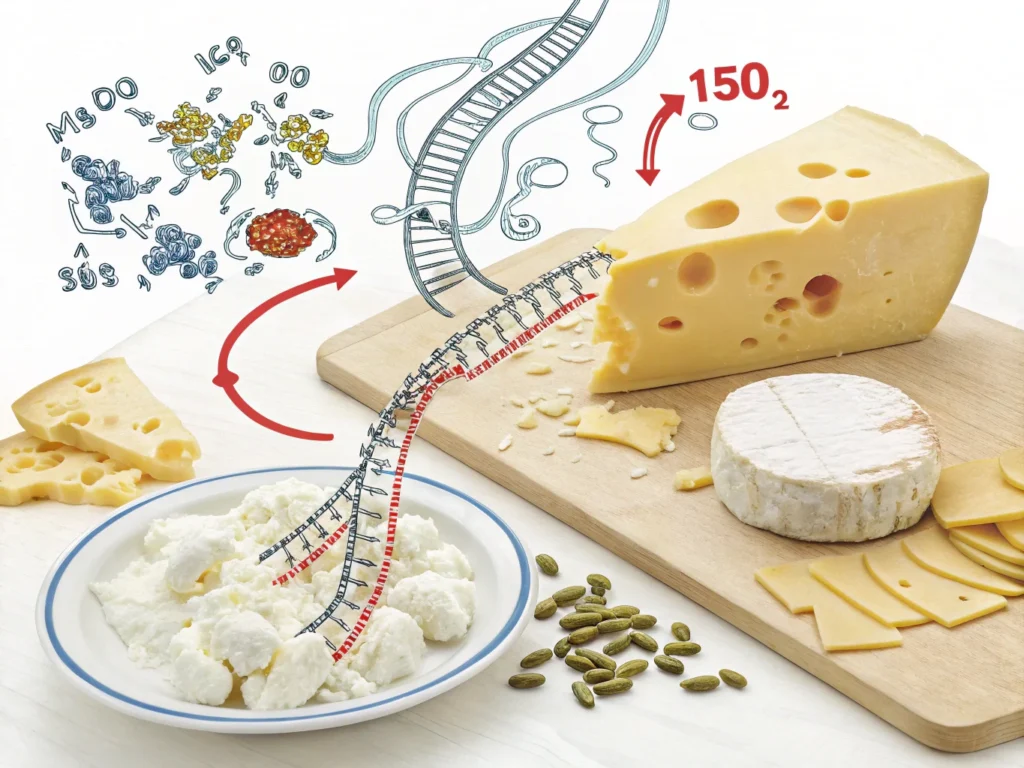
An educational graphic showing protein denaturation in cheese.
How Does Heat Affect Protein in Cheese?
Structural Changes in Proteins During Cooking
When cheese is heated, its proteins unravel, creating a stretchy or creamy texture. This is why mozzarella becomes stringy on a pizza or cheddar melts into a smooth sauce.
Common Misconceptions About Cooking and Protein Loss
A common myth is that cooking destroys protein. In reality, heating cheese doesn’t reduce its protein; it only alters its structure. This makes it easier for your body to digest and absorb.
Does Cheese Lose Nutrients When Heated?
Beyond Protein: What About Vitamins and Minerals?
Calcium and phosphorus, essential for bone health, remain stable when cheese is heated. Many ask, ‘Does cheese lose protein when heated?’ While cheese retains most of its protein and nutrients during heating, some vitamins may degrade slightly.
Tips to Retain Nutritional Value When Cooking Cheese
- Cook cheese at moderate temperatures to minimize nutrient loss.
- Pair cheese with vegetables or whole grains to balance your meal’s nutritional profile.
- Use cooking methods like baking or steaming instead of deep frying.
Insert Is It Safe to Bake Cottage Cheese? with the text: “Check out the safety of baking cheese and its nutritional impacts.
Cooking Cheese: Healthier Methods to Try
Low-Heat Cooking Techniques for Nutritional Retention
Cooking methods like baking or steaming help retain cheese’s nutrients while enhancing flavor. Avoid high-heat methods that can cause excessive browning or nutrient degradation.
Examples of Healthy Cheese-Based Recipes
- Baked Eggplant Parmesan: A nutrient-rich dish featuring layers of cheese and eggplant.
- Stuffed Bell Peppers with Mozzarella: A low-calorie option packed with protein.
- Cheese and Spinach Frittata: A quick, healthy breakfast loaded with flavor and nutrients.
Use the link Does Cottage Cheese Melt When You Bake It? with the text: “Don’t miss our guide on the melting properties of cheese when baked.

Baked zucchini boats stuffed with cheese and herbs, a healthy cooking example.
FAQs
1. Does heating cheese reduce protein?
No, heating cheese does not reduce its protein content. While the protein undergoes a structural change called denaturation, its nutritional value remains the same. Heating may make the protein more digestible by breaking down its complex structure, which can be beneficial for absorption in the digestive system.
2. Does protein go away when heated?
Protein doesn’t “go away” when heated. Unlike water or volatile compounds, protein molecules are stable and do not evaporate or disappear. However, the heat can cause proteins to unfold and reorganize, a process that alters their physical properties, not their quantity or nutritional contribution.
3. How does heat affect protein in cheese?
Does cheese lose protein when heated? Heat causes proteins to denature, altering their structure but retaining their nutritional value. This structural change is responsible for the melting and stretching effects seen in cheeses like mozzarella. Denaturation does not negatively affect the protein’s nutritional value, and the cheese remains a rich source of essential amino acids.
4. Does cheese lose nutrients when heated?
Cheese retains most of its nutrients when heated, including proteins, fats, and minerals like calcium. However, some heat-sensitive nutrients, such as vitamins A, B2 (riboflavin), and B12, may degrade at high temperatures. Cooking methods that use lower or indirect heat can help preserve these vitamins while still creating a delicious melted cheese dish.
5. Is protein destroyed by heating?
Protein is not destroyed by heating. The denaturation process alters the protein’s shape but does not break it down into non-nutritive components. The protein remains intact and available for digestion and absorption. Cooking can even improve protein digestibility by breaking down its complex structure.
6. What happens to cheese when heated?
When cheese is heated, several changes occur:
Melting: Proteins denature, and fats liquefy, creating a smooth, stretchy texture.
Browning: Proteins and sugars interact in a Maillard reaction, producing new flavors and a golden-brown color.
Crisping: At higher temperatures, moisture evaporates, and the cheese may form a crispy crust.
7. Does the type of cheese affect how it responds to heat?
Yes, the type of cheese significantly influences its reaction to heat:
Soft Cheeses: Brie, Camembert, and mozzarella melt easily due to their higher moisture content.
Hard Cheeses: Cheddar, Parmesan, and Gouda retain their structure longer and are better for grating or baking.
Processed Cheeses: These melt smoothly due to added emulsifiers.
Understanding the cheese type helps in choosing the right cooking method to optimize flavor and texture.
8. Can cooking cheese make it unhealthy?
Cooking cheese does not make it inherently unhealthy. However, high temperatures or overcooking may cause some nutrient loss, especially heat-sensitive vitamins. Pairing cheese with healthier ingredients like vegetables or whole grains can make a balanced and nutritious dish.
9. Does reheating cheese affect its protein content?
Reheating cheese doesn’t reduce its protein content, but it can further denature the proteins, potentially altering the texture. For example, reheated cheese may become tougher or stringier, depending on the type and cooking method. The protein, however, remains nutritionally intact.
10. Why does cheese become stretchy or gooey when heated?
Cheese becomes stretchy or gooey when heated because of its casein proteins. These proteins form a network that traps fat and moisture. When heated, this network loosens, allowing the cheese to melt and stretch. Mozzarella is particularly known for this effect due to its specific protein and moisture balance.
Conclusion
Cheese is a culinary staple that not only enhances the flavor and texture of dishes but also provides essential nutrients, including high-quality protein. The process of heating cheese may lead to visible changes, such as melting, browning, or crisping, but these changes do not diminish its protein content.
In fact, protein denaturation during heating can improve digestibility, making it easier for your body to absorb the amino acids it contains. While some heat-sensitive vitamins may degrade slightly, the core nutritional value of cheese remains intact.
Include Does Cottage Cheese Lose Protein When Cooked? with the text: “Looking for detailed insights on protein loss in cooked cheese?
By understanding how different types of cheese react to heat and using appropriate cooking methods, you can enjoy the delicious versatility of cheese without worrying about losing its health benefits. Whether melted, baked, or grilled, cheese continues to be a nutritious and enjoyable addition to any meal.
Reference What Does Cottage Cheese Taste Like Cooked? with the text: “Explore how cooking impacts the flavor and texture of cheese.
